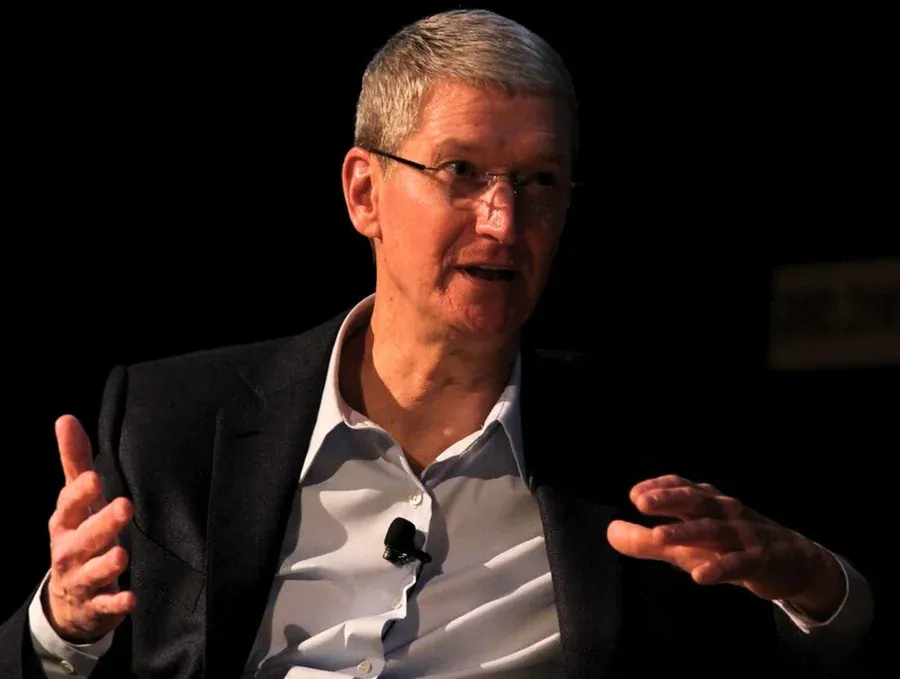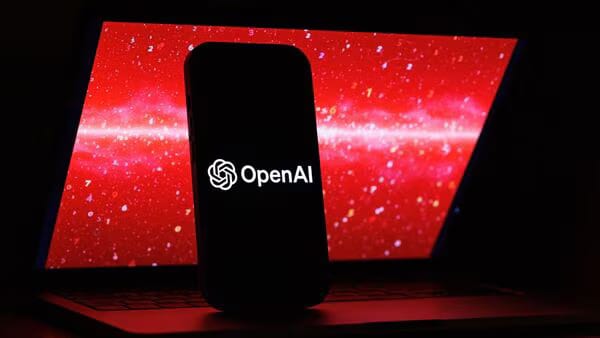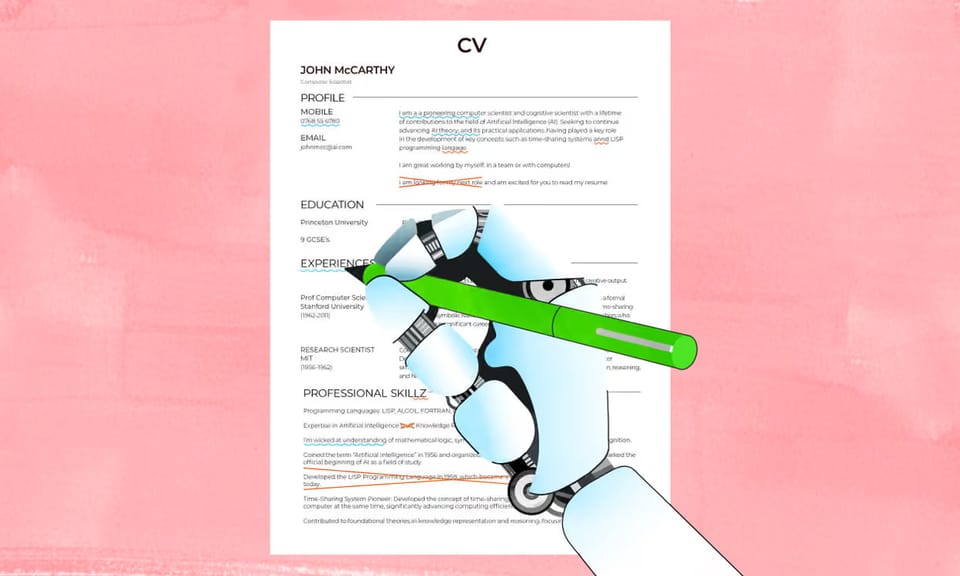What Happens When Apple Quietly Rewrites the Internet


Remember how Apple’s been cooking up that “answer engine” to replace Siri’s bad Google impressions? Yeah, the plot thickens.
Turns out, that wasn’t just a fun side project to make Siri less awkward. It’s actually part of a much bigger shift, one that could change how we search, how we use our phones, and, honestly, how we interact with information altogether. Apple doesn’t just want to make Siri smarter. They want to quietly take over the layer of the internet that Google’s been sitting on for 20 years. And they’re not yelling about it. They’re just… doing it.
Here’s the part where your brain might go, “Wait, that doesn’t sound that impressive. So what? Apple’s doing AI now, big whoop.” But this isn’t just about AI. It’s about control. Right now, when you ask a question on your iPhone, it goes to Google. Google gives you a bunch of links. Apple watches that happen. And every time it does, your data leaves the Apple ecosystem, and your attention leaves their product. That’s the part they want back. And the answer engine is how they get it.
They’re not trying to build another ChatGPT or make Siri your therapist. What they’re doing is way sneakier and potentially way bigger. They're putting AI directly inside the tools you already use: Spotlight, Safari, Messages, Siri. No new app. No login. No AI dashboard with sliders and weird prompt tips. Just your iPhone, but with a brain.
When it’s just there, people use it without thinking. It becomes part of the way you live. And when that happens, Apple isn’t just a phone company anymore; it becomes the interface between you and the internet. You stop Googling “how to fix a leaky faucet” and start asking your phone. And your phone answers. No search results. No ads. No list of blog posts written in 2011. Just an answer.
And that right there? That’s Google’s worst nightmare. Because if people stop searching, Google stops earning. And Apple doesn’t even have to declare war. They just change the default.
If you’re a CEO, a founder, a VP, or anyone trying to get your company found online, you might want to sit with this for a second. If Apple’s answer engine becomes the main way people get information, what happens to your content? Your SEO strategy? Your brand visibility? What happens when people stop visiting your website and just hear about you from a glowing AI summary someone’s phone made up?
If you’re a manager, this could change how your team works. Faster answers, fewer distractions, smoother decisions. But it also means training your people to think critically about what they’re being told by a system they can’t see. And if you’re just the average American, trying to make dinner, write an email, and survive another group text? This still matters. Because the way we interact with our phones and the world is about to shift under our feet again.
It won’t feel like a tech revolution. It’ll feel like your phone just got a little better. Until one day, you realize you haven’t opened Google in a month. You haven’t read past the first answer in weeks. And you’ve started trusting that little voice in your pocket more than you trust the open web.
That’s the world Apple is building. Quietly. Intentionally. And very, very efficiently.
How’s this landing with you? Do you think this could actually make your life easier? Could it mess with your work, your business, your team, your parents, who still ask, “What’s Wi-Fi?” Or will it just be another Apple thing that quietly becomes normal without anyone realizing it?
-Matt Masinga
*Disclaimer: The content in this newsletter is for informational purposes only. We do not provide medical, legal, investment, or professional advice. While we do our best to ensure accuracy, some details may evolve over time or be based on third-party sources. Always do your own research and consult professionals before making decisions based on what you read here.




